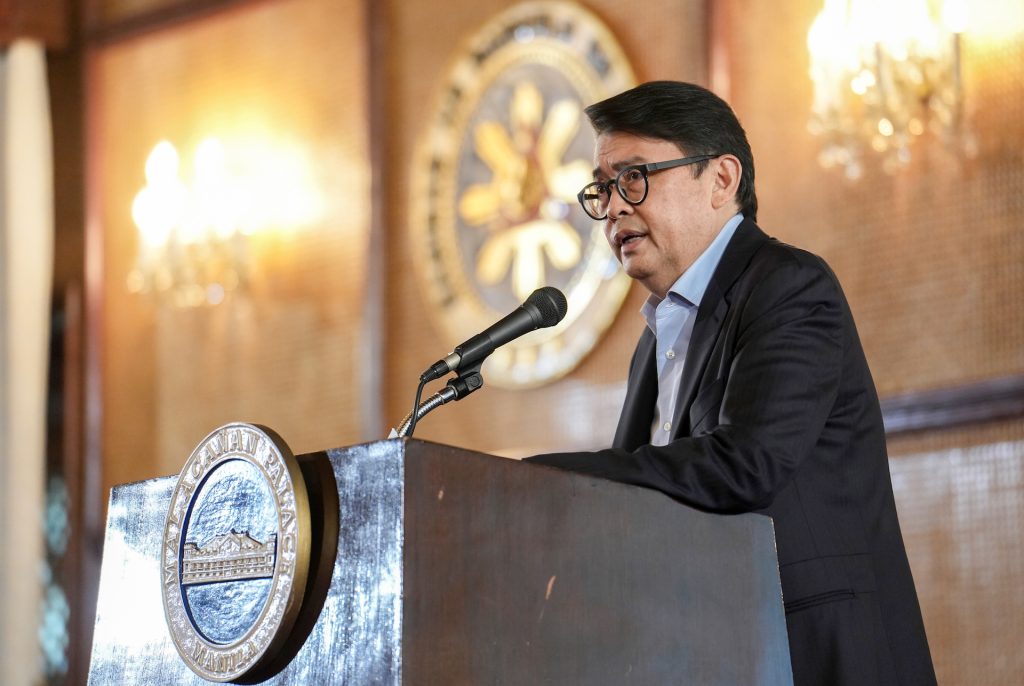
Helping MSMEs Achieve Sustainability
November 4, 2024
Go Negosyo Begins Search for Outstanding OFW-Entreps
November 13, 2024
A Test for the Ties that Bind
With the US elections just concluded, many people have been asking me, what will this mean for the Philippines now that Donald Trump is set to become the 47th president of the United States of America?
I understand the concern. He is a very polarizing figure. People love him or hate him. His statements are controversial and he certainly does not fit the traditional mold of his predecessors in the Oval Office. However, his victory is decisive and he won even the popular vote. He can do what he wants, now with both houses of Congress dominated by the Republicans, and maybe even the Supreme Court as two justices are set to retire. I heard someone say that if there is anything president-elect Trump does very well, it is making decisions.
His comeback story is one for the books. Say what you want, but you have to admit that it was quite a feat, coming back from disgrace to become the leader of the most powerful country in the world. And for a second time at that.
I have heard many analysts say that, despite his rhetoric, president-elect Trump will eventually moderate his position to a more practical one. We all know about his vision, but how that will be translated into policy remains to be seen.
Many are worried by his stance on immigration. The Pinoy migration to the US goes back at least four or five generations. Filipino immigrants have successfully integrated into US society, married into American families and raised Fil-Am children. Ask any Filipino, and he is bound to have a relative in the US. I myself have two kids who are US citizens.
The fear negates the fact that there are many Filipinos residing in the US legally. Pinoys are a huge part of the employee workforce in the US; many of them came to the US with specialized skills and training. They went through the long process of becoming US citizens, and many of them are productive members of US society; I don’t think they have anything to be afraid of. Maybe it is better to frame it this way: immigration in the US will be as it is in every country: if you don’t have the papers to stay there legally, you run the risk of being deported.
And what about trade? The US is the world’s biggest economy, with a nominal GDP of more than $28 trillion. It is a major trading partner of the Philippines. Pinoys patronize many American brands and likewise, our products have found their way beyond the Oriental stores and into mainstream retail outlets like Safeway and Trader Joe’s.
What most people in the region are asking is how Trump will react to the aggression from China in the West Philippine Sea. It’s a sensitive situation. The US has acted as a big brother to the Philippines for more than a century now, and it’s not likely that they will abandon that role, given that the stakes are so high. China, on the other hand, remains a force to reckon with in the region. We might be giving the new president less credit when it comes to foreign relations and how he views the region; I recall that he was present during the ASEAN Summit in Manila in 2017.
I want to view this in more practical terms. I was never one to take sides, and I believe this should be a guiding principle in these times, especially when so much is at stake. I believe the Philippines must focus its energies on improving the lives of Filipinos. Even president-elect Trump’s victory drives home this lesson: you must take care of people. The exit polls showed that marginalized people – even minorities and women – voted for Trump. Noble rhetoric will fail to connect if people don’t have food in their bellies or, as Americans like to say, if they don’t have money for gas and groceries.
To achieve economic empowerment, you will need every friend you can have on your side. You need big brothers. Each leader has his own strengths. Luckily for us, we have a Philippine President who espouses inclusivity and listens to people – be they experts or the marginalized.
The ties that bind the US and the Philippines are many and they run deep, as deep as the familial bonds that many Filipinos literally have with Americans. Over the years, we have grown similar bonds with other countries as well. That’s life, that’s change. I think the world will eventually be like that, a family with no borders.
Originally Published in Philippine Star

2/F RFM Corporate Center, Pioneer cor. Sheridan Sts. Mandaluyong City, Metro Manila, Philippines

